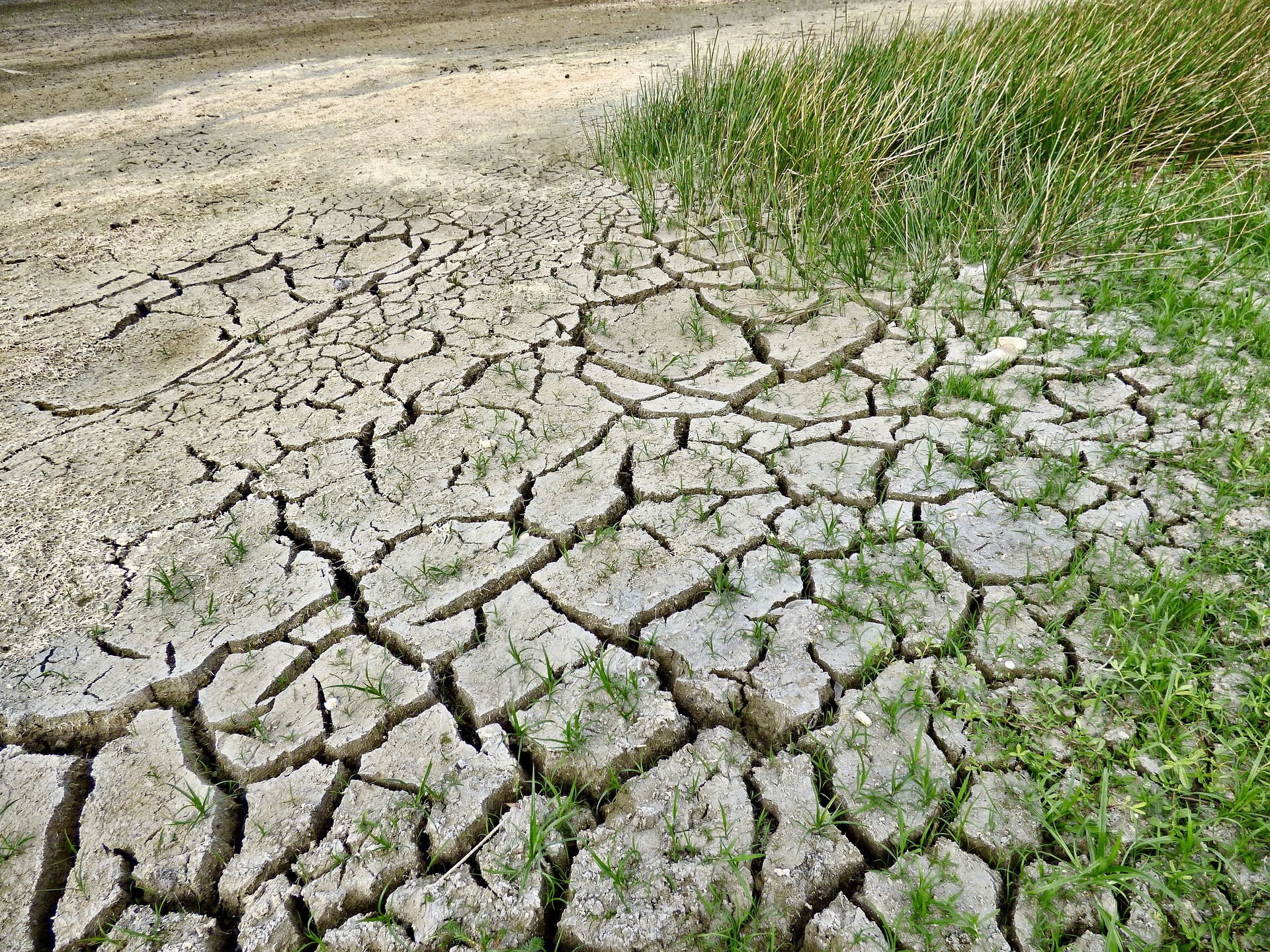Science has published a special issue on climate-induced relocation, including an editorial calling to decolonise research in the field to help Indigenous Peoples define their future in a climate-altered world.
The editorial says climate-forced population displacement is “among the greatest human rights issues of our time.” In this special issue, researchers from around the world look at how research can support communities and governments navigating this landscape.
The SMC asked experts to comment on the editorial and the theme of this special issue.
Dr Dan Hikuroa (Ngāti Maniapoto, Waikato-Tainui, Ngaati Whanaunga), Senior Lecturer, Te Wānanga o Waipapa, Waipapa Taumata Rau – School of Māori Studies and Pacific Studies, University of Auckland, comments:
“It is with great interest that I anticipate the release of the Science special issue focused on planning for climate-induced relocation. I applaud the kaupapa of the issue both as a concerned citizen of Aotearoa New Zealand, and in my role as UNESCO New Zealand Commissioner for Culture. The content aligns well with the aspirations of the United Nations Decade of Ocean Science for Sustainable Development 2021-2030, and the forthcoming United Nations Decade of Indigenous Languages 2022-2031, which in Aotearoa New Zealand we include Indigenous Knowledges.
“I was encouraged by and support the editorial calling for the decolonisation of climate adaptation research. A term I (and others) use is indigenising, which is distinguished from decolonising by its focus on aligning space, structures and systems with indigenous ways of knowing and being, whereas decolonising is more about acknowledging and addressing settler-colonial power.
“Climate-induced adaptation is complex and will require collective wisdom. Therefore, it is imperative we draw from all knowledges, in particular indigenous knowledge, in our combined planning efforts. I sincerely hope that such content is in this special issue.
“In Aotearoa New Zealand that knowledge is Mātauranga Māori – inclusive of knowledge, culture, values and worldview. As we explore how different coastal systems behave in different ways, and how these are considered in climate-induced adaptation planning, weaving Mātauranga Māori with science will be critical to our success.”
No conflict of interest
Dr Naomi Simmonds (Raukawa, Ngāti Huri), Kahui member for Deep South National Science Challenge, comments:
“Indigenous relationships to land, water and the environment are ancient and innovative, beautifully complex, enduring, and resilient. There are many strong and bold Māori and Indigenous peoples who work every day to bring climate justice to the conversation. They make visible the ongoing colonialism that is climate change. They advocate and model how our Indigenous relationships to place and a return to Indigenous ways of knowing and being are powerful and strong transformations for communities and ultimately for the land and environment. These are the climate change stories, wisdoms and voices that I want to hear more of, and that deserve the spaces to be told.
“Current climate conversations are dominated by Western ideologies, knowledges, policies, politics, and technocratic solutions. These are the normalised knowledges and perspectives that are privileged, and that privilege a select few as climate change ‘experts’. This despite climate change being borne of the same colonialist and capitalist mindset that has stolen Indigenous lands, degraded our waters, marginalised our knowledges and languages, all of which serve only to exacerbate the impacts of climate change for Indigenous communities.
“Decolonising climate change seems both politically complex but also surprisingly simple. To me, it means in the first instance acknowledging the colonialism of both climate change causes and of many of the climate change responses. It means recognising the claims to land and water rights and often to human rights that are denied Indigenous peoples. Simply but powerfully decolonising climate change means listening to the people who talk with the land.”
No conflict of interest
